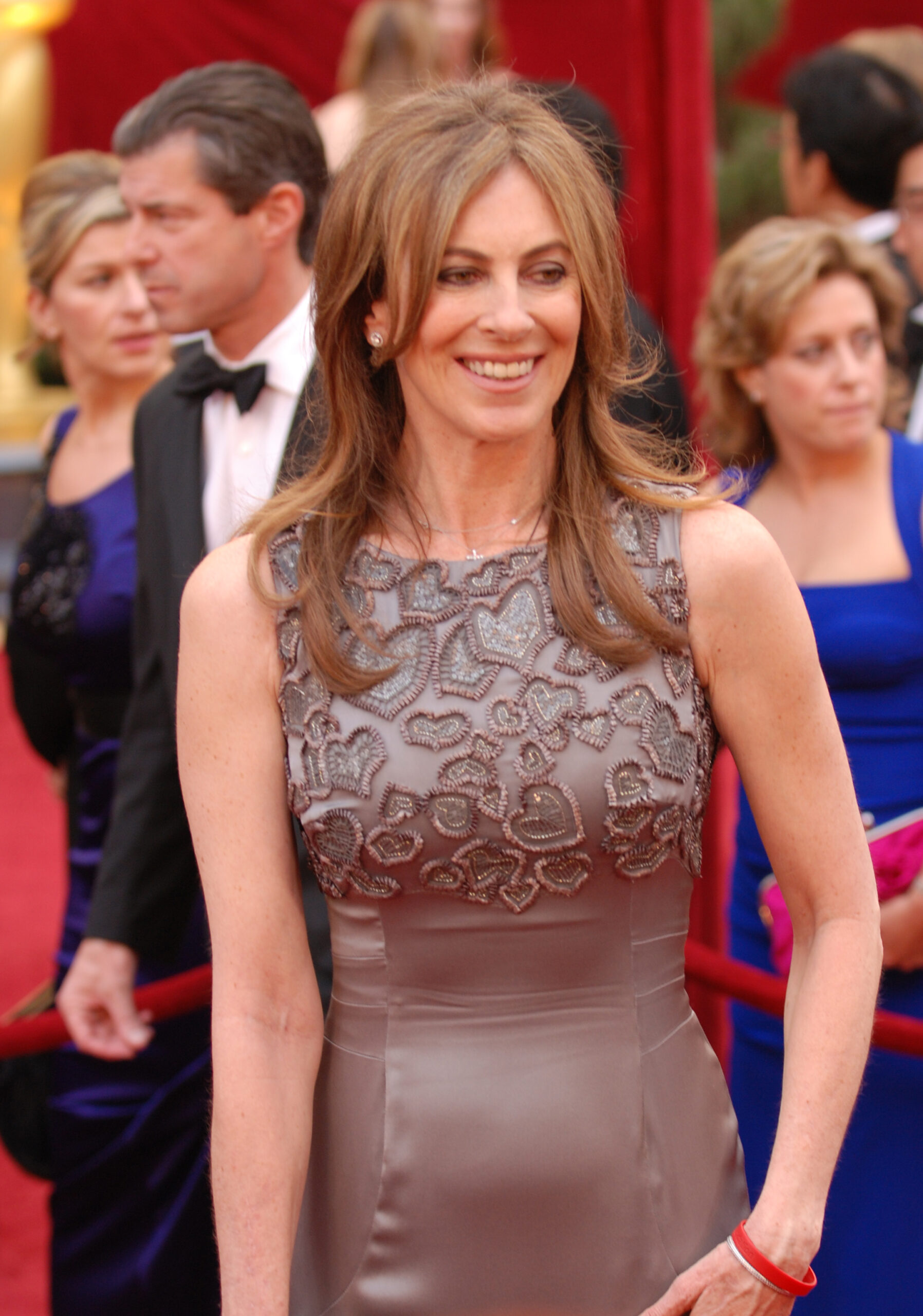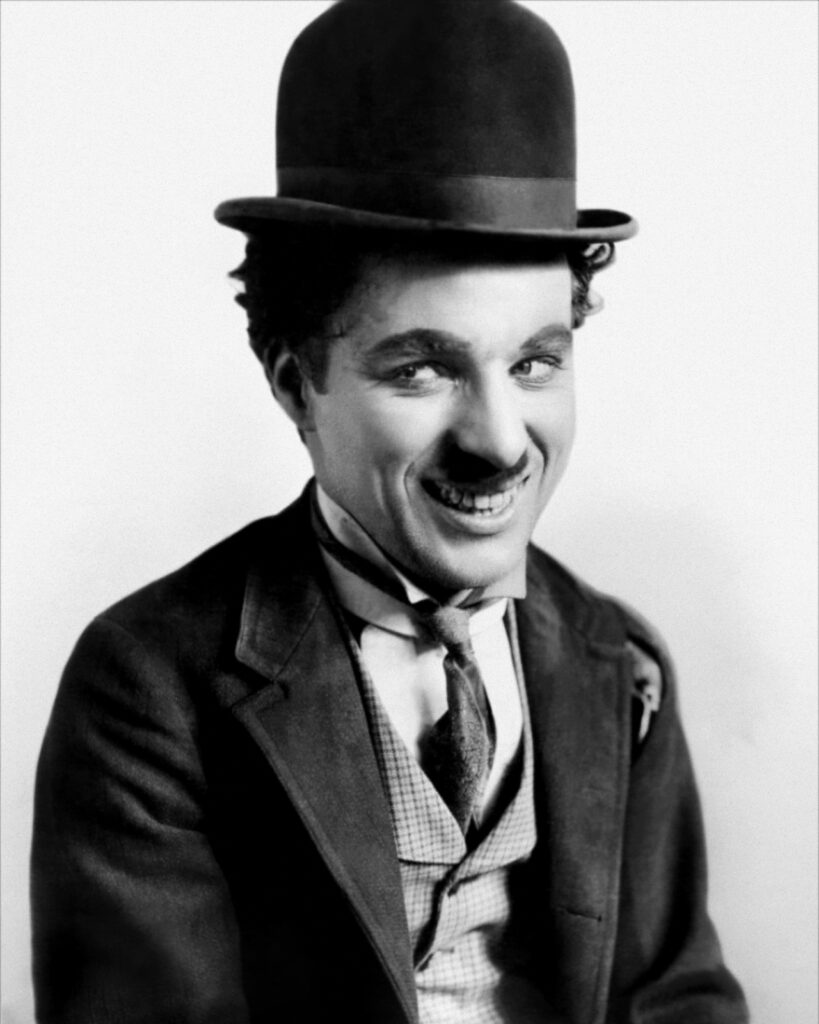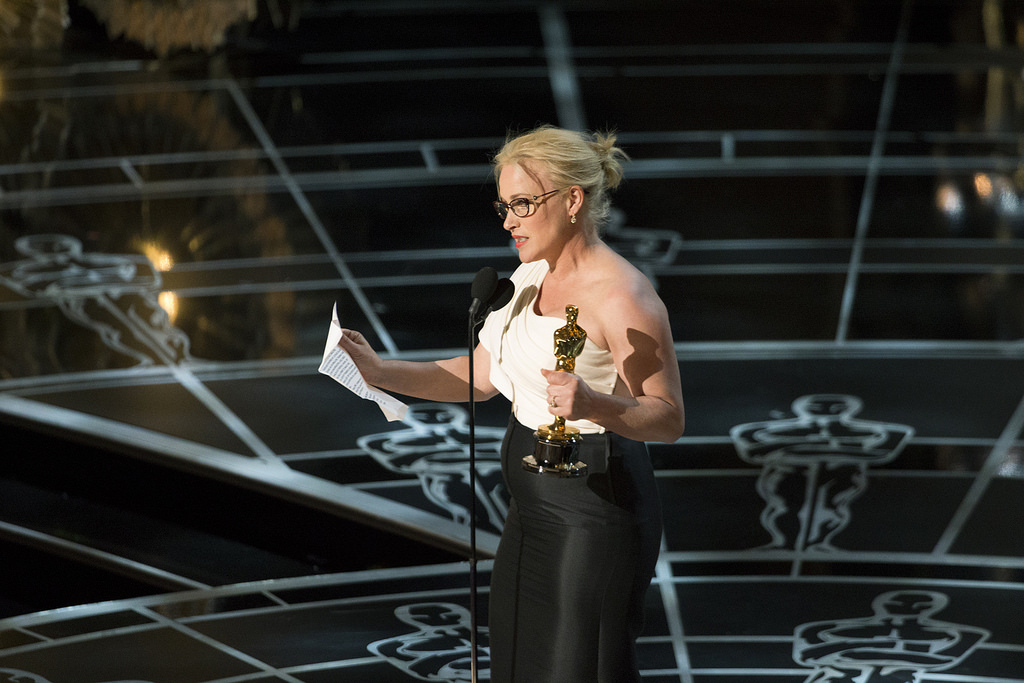The Oscars are the most important and coveted awards in cinematic history and eagerly watched by millions all over the world. But as you wait for this year’s nominees to be announced and wonder if your favorite actors have made the cut, we bring you a list of five pivotal moments when the Academy Awards indeed made history — by honouring those marginalized or neglected, alerting the audience to social inequality and recognizing genuine talent that had been shunned erstwhile.
1. When Kathryn Bigelow became the first woman to win the Best Director Award at the Oscars in 2010.
Despite it being the 21st century, gender inequality is still rampant in Hollywood, especially when it comes to women filmmakers. Which is why Kathryn Bigelow literally made history by being the first-ever woman to win the much-coveted Best Director Award for her low-budget war thriller “The Hurt Locker,” about a bomb disposal team — winning over her former husband and industry favorite James Cameron’s 3D extravaganza “Avatar.” She dedicated her win to the servicemen and women in Iraq and Afghanistan and added, “May they come home safe.”
2. When Marlon Brando refused the Best Actor Award at the Oscars in 1973.
Marlon Brando created a huge controversy when he refused the Award for the Best Actor for his role as Vito Corleone in the mafia film “The Godfather.” Not only did he boycott the ceremony, he sent actress Sacheen Littlefeather in his place. She waved away the Oscar and read out a letter saying that Brando “very regretfully cannot accept this very generous award. And the reasons for this being are the treatment of American Indians today by the film industry –” Given the way America has maltreated and ostracized and even culturally appropriated the Native American community, Brando’s refusal was a powerful and ground-breaking move to raise awareness.
3. When Charlie Chaplin Received His 12 Minute Standing Ovation at the Oscars in 1972.
Chaplin is a worldwide icon and a pioneer in the field of silent comedy, but after he was labelled a communist he was not allowed to return to the United States for 20 years. Thus his Honorary Oscar Win was important not only because Hollywood finally realized his great contribution to the industry, but also because his presence at the award ceremony marked his first return to the United States. He received a 12-minute standing ovation from the audience, which is still the longest standing ovation in Oscar history.
4. When Halle Berry became the first African-American woman to win the Best Actress Award at the Oscars in 2002.
Halle Berry created history by becoming the first black woman to win the prestigious Best Actress Award for her role in “Monster’s Ball.” She was so full of tears that she was unable to speak for a minute and when she finally did, she acknowledged the importance of the moment and said, “This moment is for all the nameless, faceless women of color who now have a chance because this door tonight has been opened.” The night was made even more special when fellow African-American actor Denzel Washington also took home the Best Actor Award for the film “Training Day.”
5. When Patricia Arquette won the Best Supporting Actress Award at the Oscars in 2015.
When Patricia Arquette won the Best Supporting Actress Award for her role in the Richard Linklater film “Boyhood,” she used the opportunity to champion women’s rights across the country. In her acceptance speech, she said, “To every woman who gave birth, to every taxpayer and citizen of this nation, we have fought for everybody else’s equal rights. It’s our time to have wage equality once and for all and equal rights for women in the United States of America.”
So which are your favorite Oscar history-making moments from the list? Did we miss anything? And what are your expectations for this year’s Academy Awards? Let us know in the comments below!


